
Student/Sponsor Teams
Traveling Repairsman
Sponsor: AppFolio
Team: Nikhil Vyas, Aneesh Garg, Justin Wu, Liam Ronarch, Elijah Williams

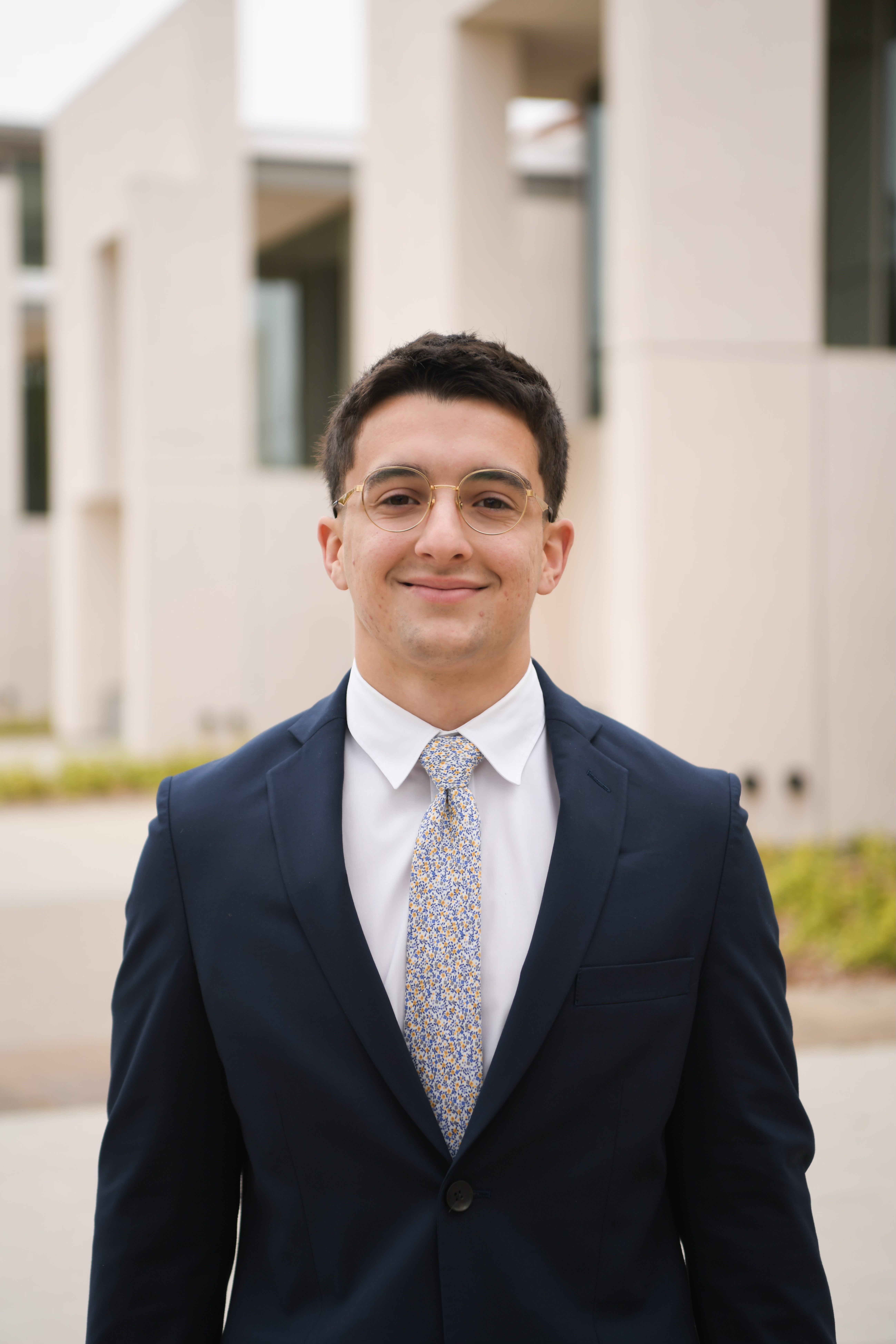


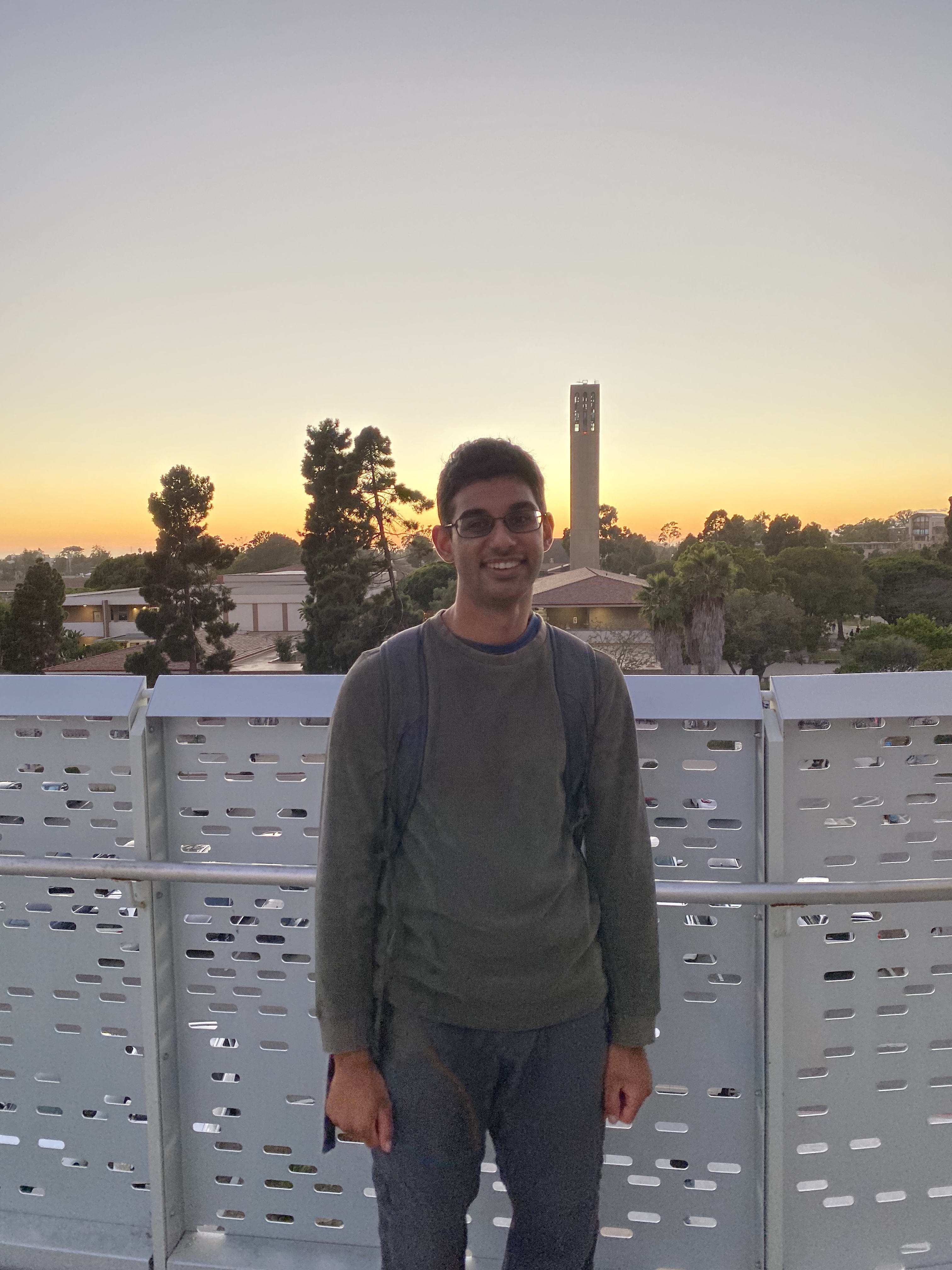
Mentor(s):
Anish Koulgi, Julia Ball, Paul Mayzeles, Shubham Talbar, Jacqui Mai, Wade Varesio
Project Overview: The goal of the project is to create an application that allows property management companies to visualize their portfolios and give them an efficient solution to scheduling constraint problems. For example, our application would create efficient routes for workers performing repairs or maintenance.
Vision Statement:
[PDF]
Project Requirements Document:
[PDF]
End of CS189A (First Quarter) Presentation:
[Video]
LinkrAI
Sponsor: Artera
Team: Aden Jo, Benjamin Soo, Cooper Hawley, David Duenas, John Hagerdon



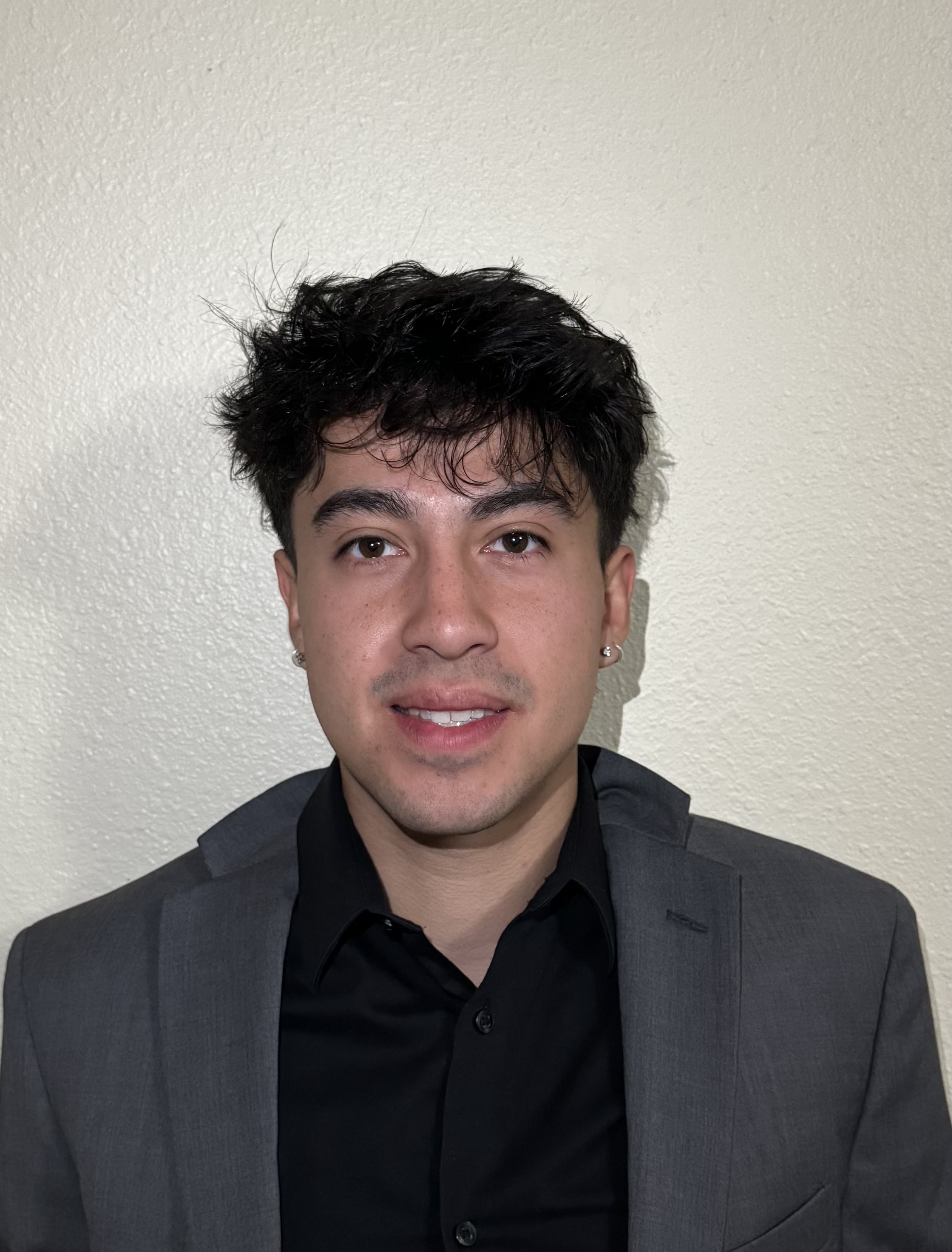
Mentor(s):
Anav Sanghavi
Project Overview: The LinkrAI System represents a paradigm shift in how medical referrals and
scheduling are handled. Rather than automating individual steps in isolation, the system
reconceptualizes the entire workflow as a network of intelligent, communicative agents capable
of reasoning, coordination, and action.
Vision Statement:
[PDF]
Project Requirements Document:
[PDF]
End of CS189A (First Quarter) Presentation:
[Video]
Smartwatch Therapy Rehabilitation for Intelligent Data-Driven Exercise (STRIDE)
Sponsor: Cadense
Team: Vincent Cheong, Jim Wang, Christopher Lai, Scott Ricardo Figuera Weston, Jermiah Wong
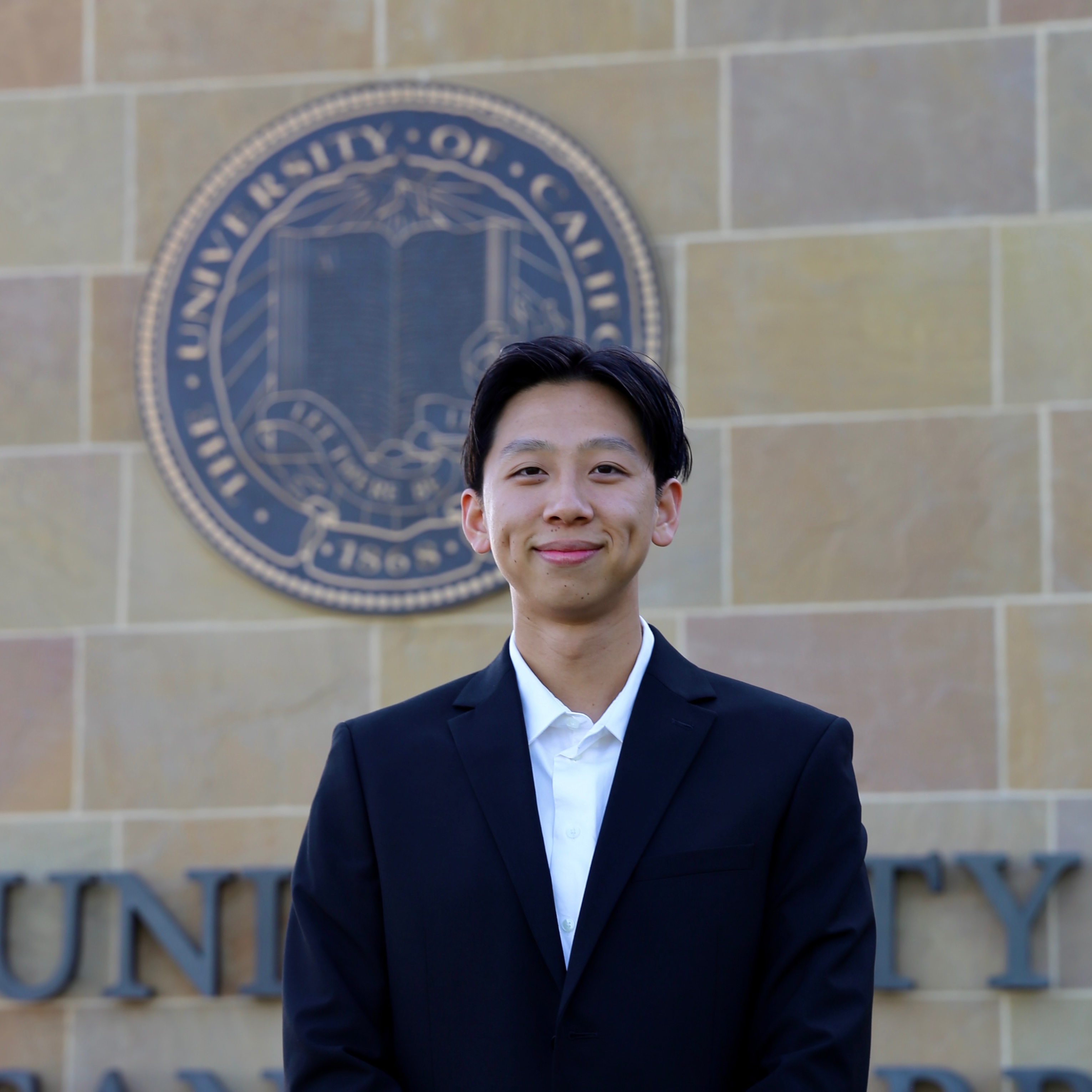
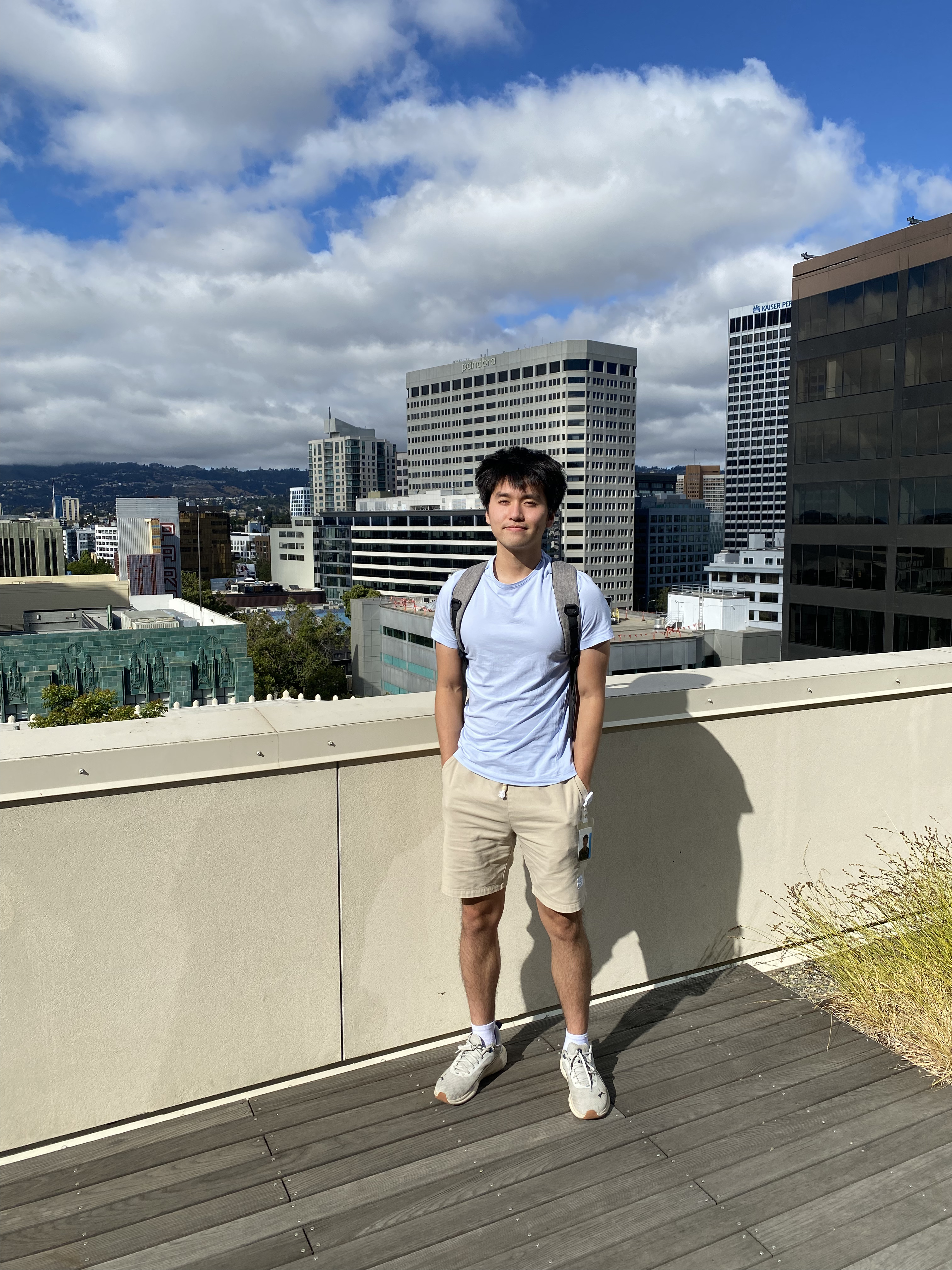


Mentor(s):
Tyler Susko
Project Overview: This project aims to design and implement a smartwatch-based therapy system that supports stroke survivors in their post-stroke rehabilitation journeys. By leveraging off-the-shelf smartwatch hardware (e.g., TicWatch E3 with WearOS), the system will deliver multimodal cues (auditory, visual, and tactile) to guide users during walking exercises. The project focuses on integrating real-time sensor data (accelerometer, gyroscope, GPS) with adaptive algorithms to personalize therapy sessions based on each user’s gait performance.
Vision Statement:
[PDF]
Project Requirements Document:
[PDF]
End of CS189A (First Quarter) Presentation:
[Video]
RapidRecall
Sponsor: Cottage Health
Team: Cindy Zhao, Emily Zheng, Jennifer Lopez, Leo Zhu, John Lins

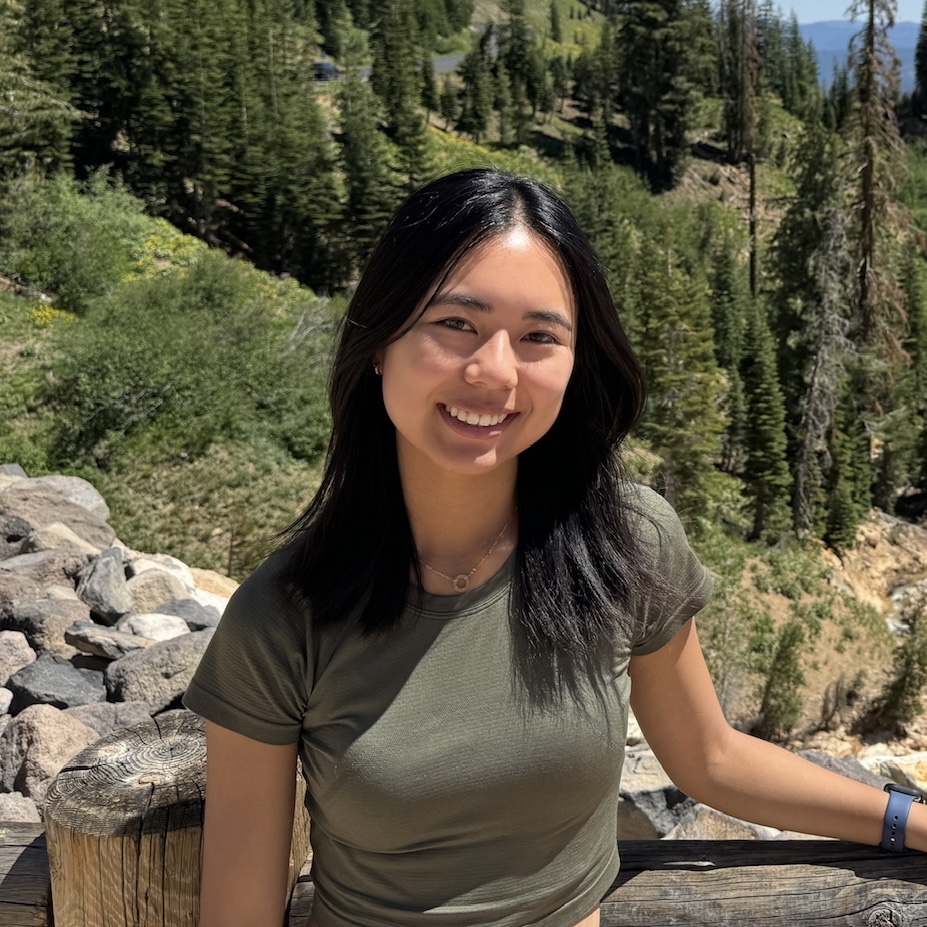

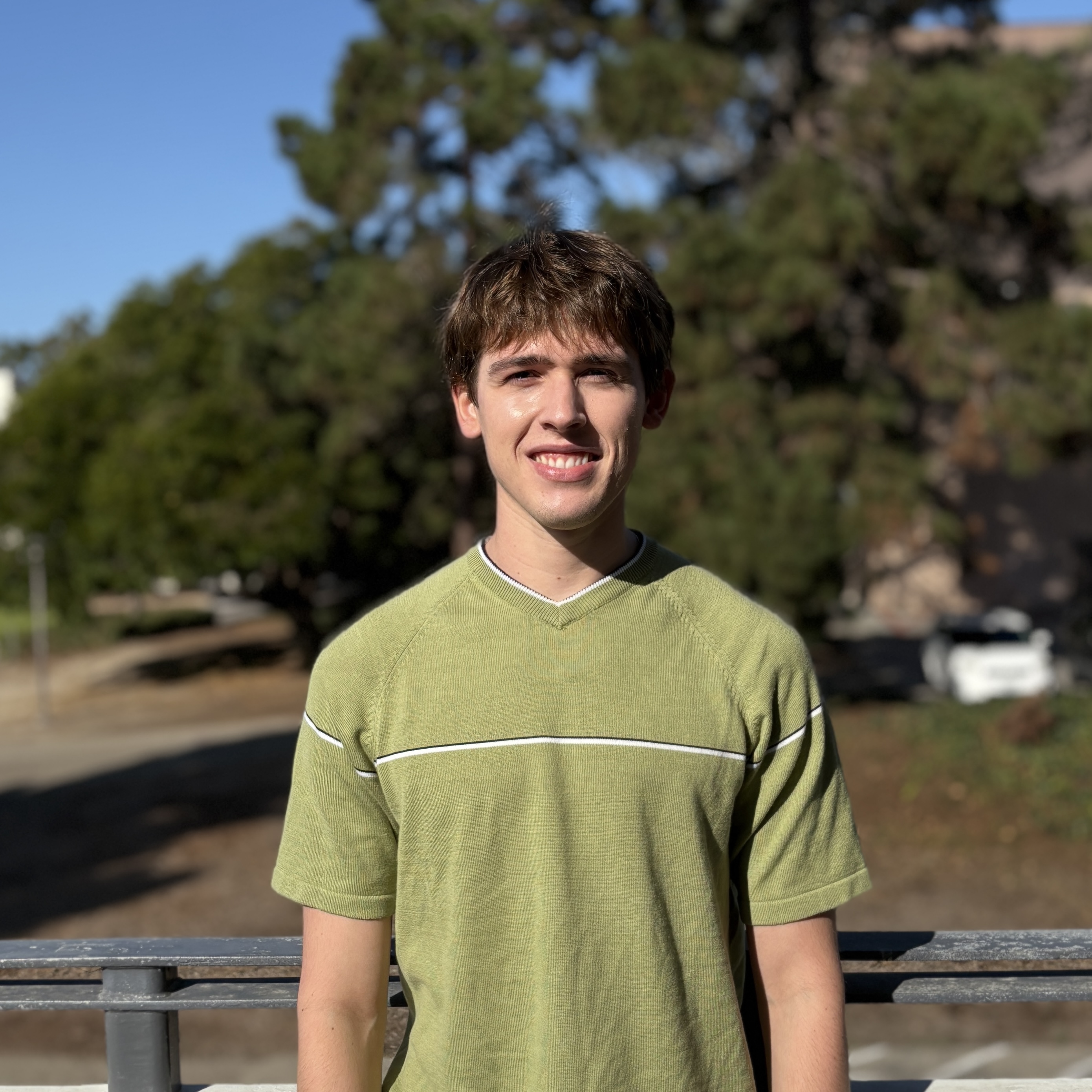

Mentor(s):
Kathryn Bazylewicz, Yulun Wang, Colette Becker, Noel Skaling
Project Overview: RapidRecall is an agentic medical product recall system that integrates with any enterprise resource planning (ERP) system. This system is designed to rapidly identify, assess, and act on critical recall notices.
Vision Statement:
[PDF]
Project Requirements Document:
[PDF]
End of CS189A (First Quarter) Presentation:
[Video]
Infinity Storage
Sponsor: Mysten Labs
Team: Neil Roy, Kevin Lee, Edwin Medrano Villela, Awin Zhang, Suhrit Padakanti
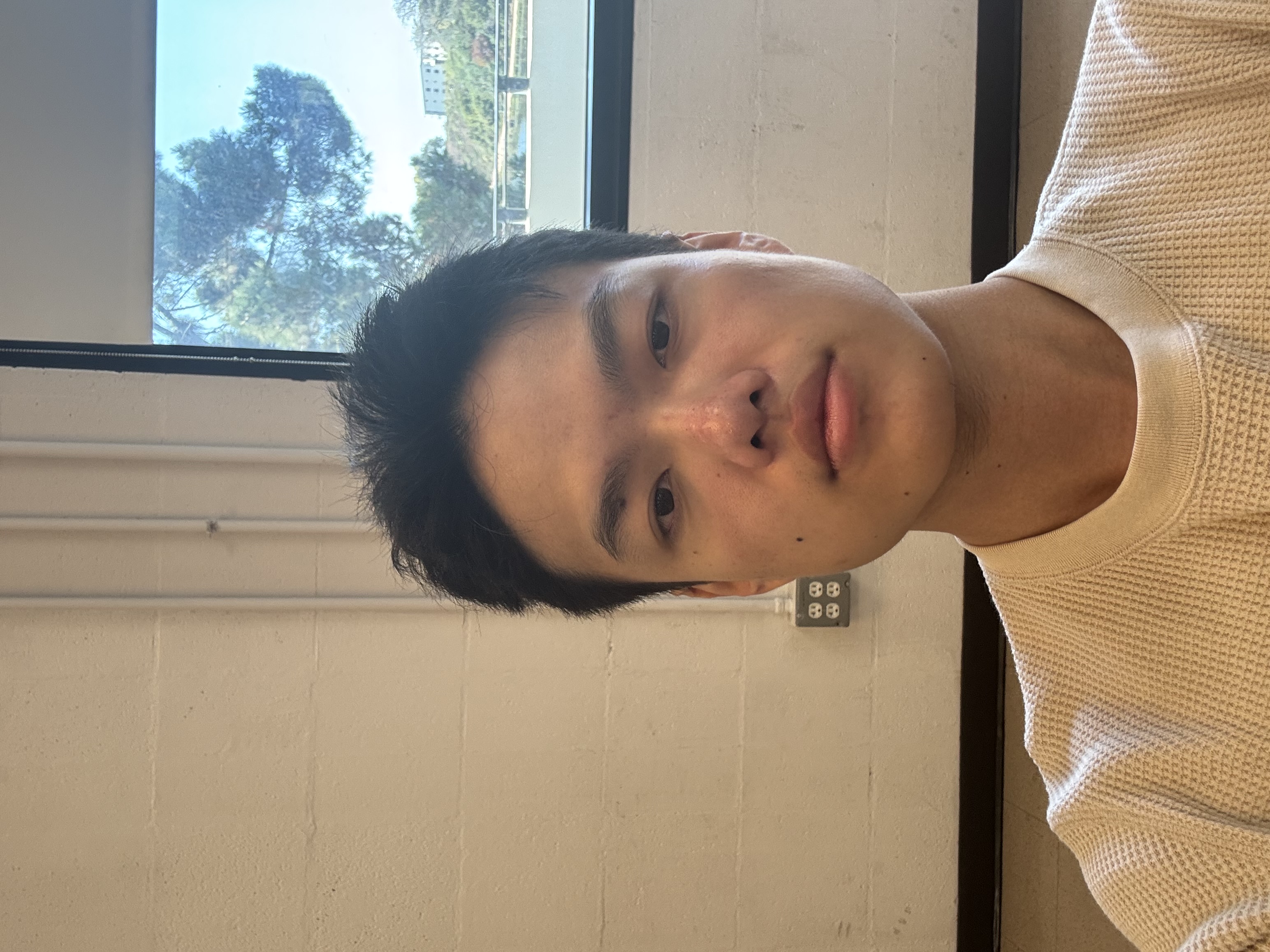




Mentor(s):
Alberto Sonnino, Deepak Maram
Project Overview: This project aims to combine the convenience and performance of a
centralized backup service with the resilience and sovereignty afforded by decentralized
storage. By integrating Walrus (https://www.walrus.xyz) as a secondary backend, we
enable users to retain control over their encrypted data, even if the centralized provider
changes its policies or ceases operations.
Vision Statement:
[PDF]
Project Requirements Document:
[PDF]
End of CS189A (First Quarter) Presentation:
[Video]
Planet Story Explorer
Sponsor: Planet Labs
Team: Andrew Zhang, Michael Wu, Junji Liu, Yixuan Wong, Shiyuan Wang
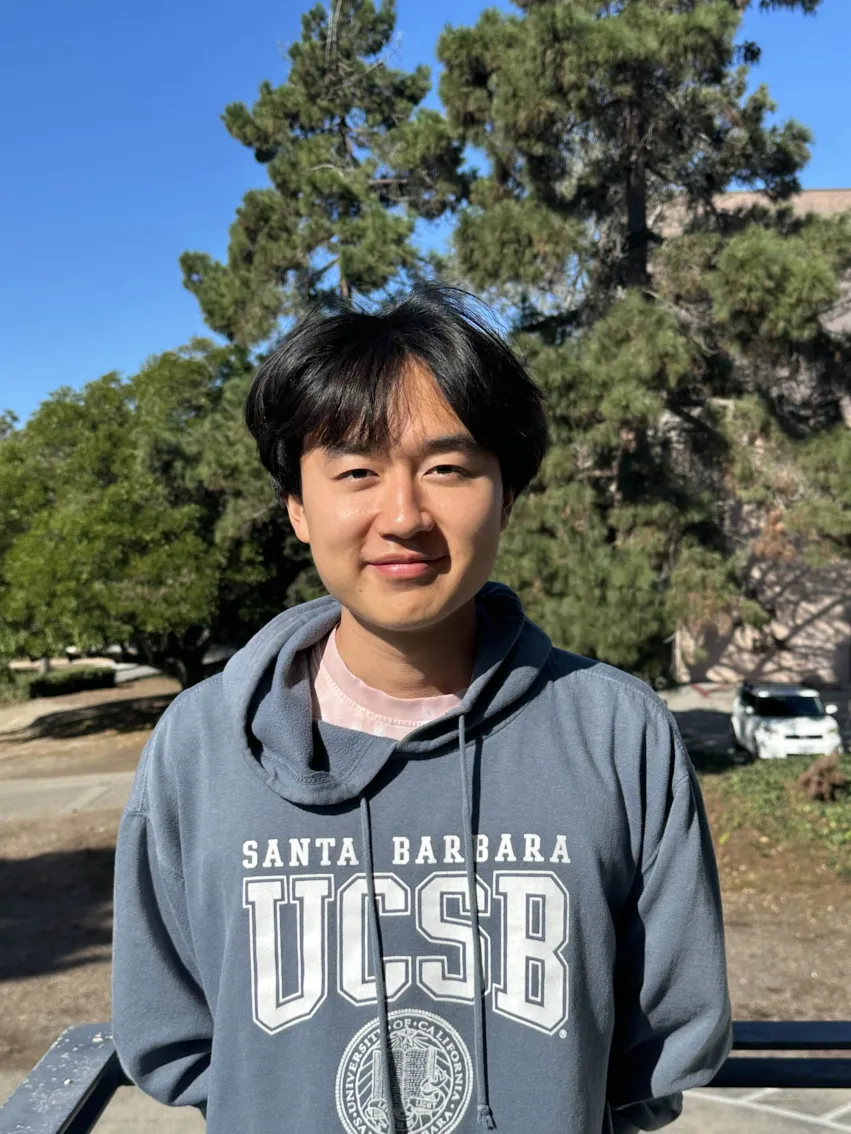
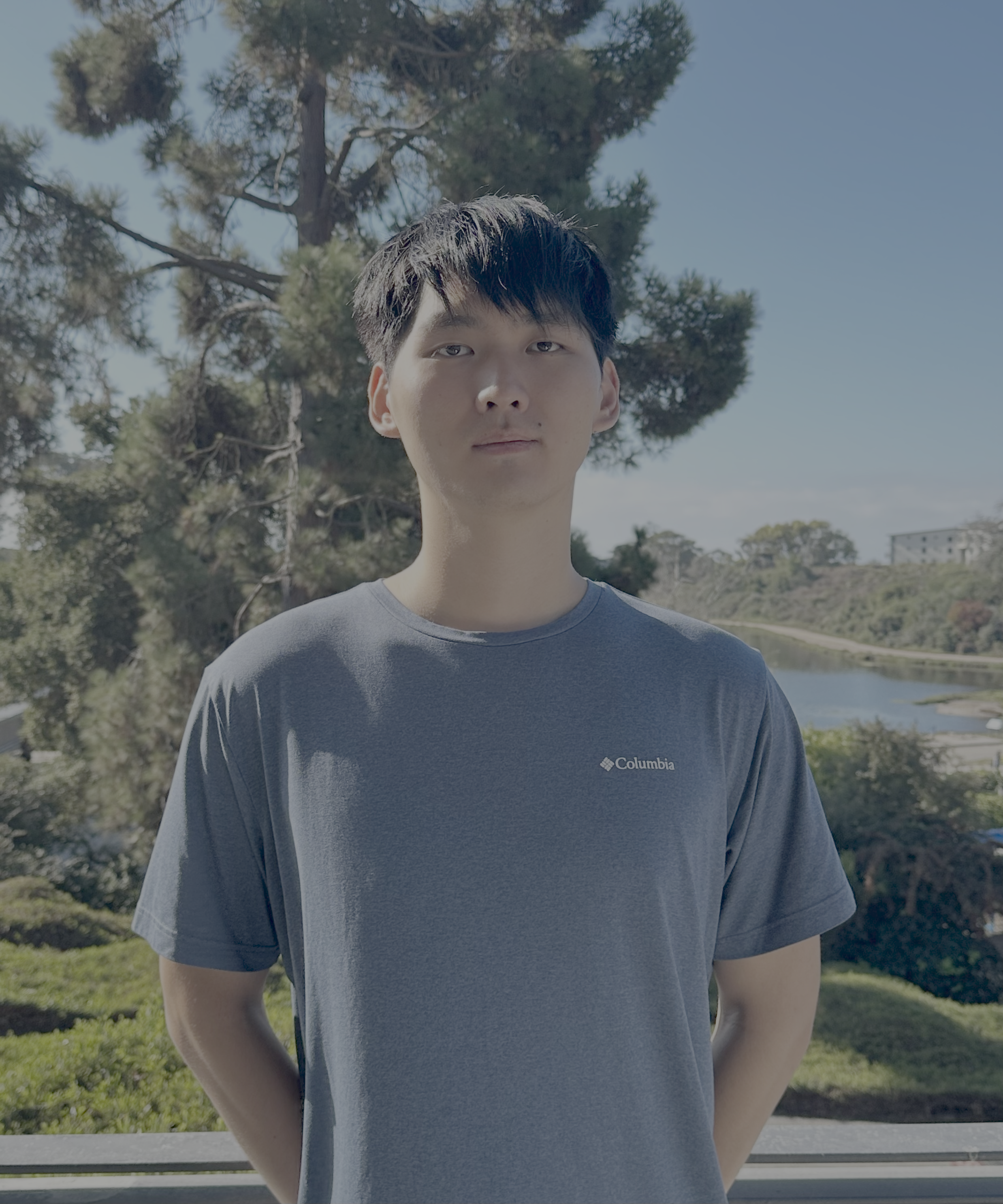
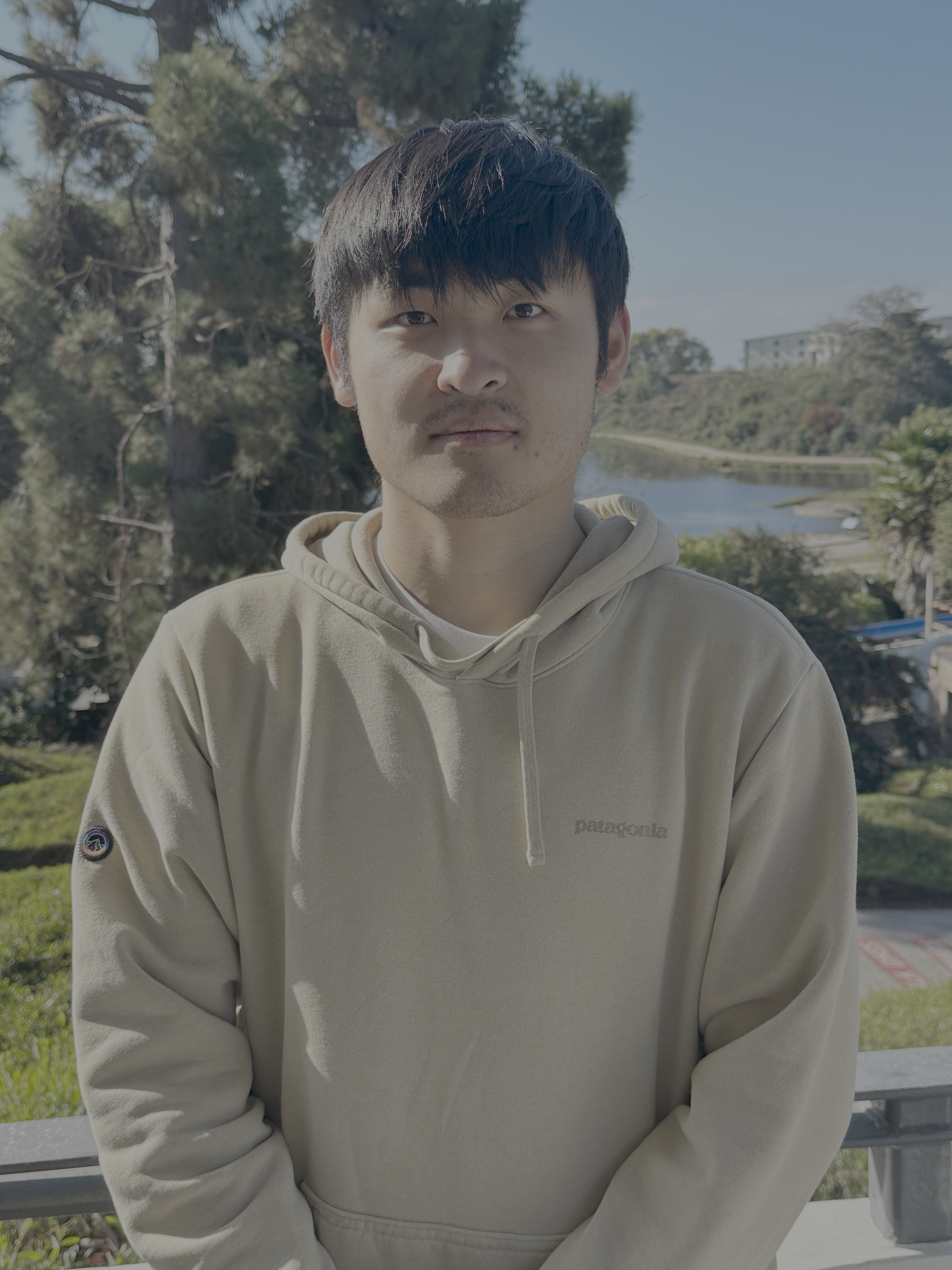


Mentor(s):
Gil Michael Ash Hoover
Project Overview:
The goal of this project is to build an interactive web portal that allows users to explore stories by topic and location, while also enhancing these stories with AI-generated captions and geospatial context.
Vision Statement:
[PDF]
Project Requirements Document:
[PDF]
End of CS189A (First Quarter) Presentation:
[Video]
Spacecrypt
Sponsor: SpaceComputer
Team: Yarwin Lui, Sanil Katula, Karthik Bhattaram, Shashank Bhagwani


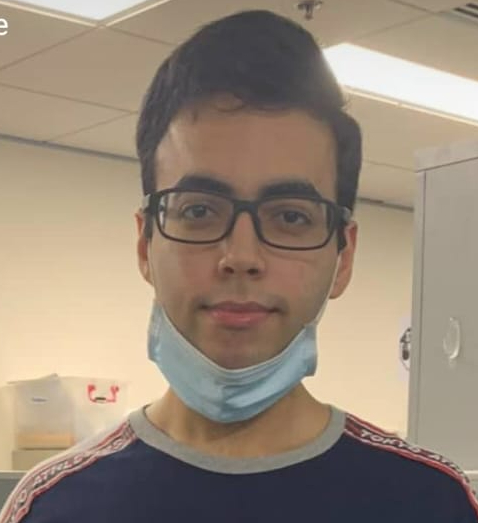

Mentor(s):
Filip Rezabek, Amir Yahalom, Eason Chai
Project Overview: Our team’s vision is to push the boundaries of how security and location-awareness intersect in everyday digital experiences. We believe that presence should not only be provable, but also trustworthy and usable in ways that unlock creativity, fairness, and safety. By combining proof-of-presence with cryptographically strong randomness, we aim to create a new class of location-aware secure applications.
Vision Statement:
[PDF]
Project Requirements Document:
[PDF]
End of CS189A (First Quarter) Presentation:
[Video]
Visual Layer
Sponsor: Visual Layer
Team: Bhavya Ranjan, Rushil Gupta, Kushagra Kanaujia, Alec Song, Saeed Arellano


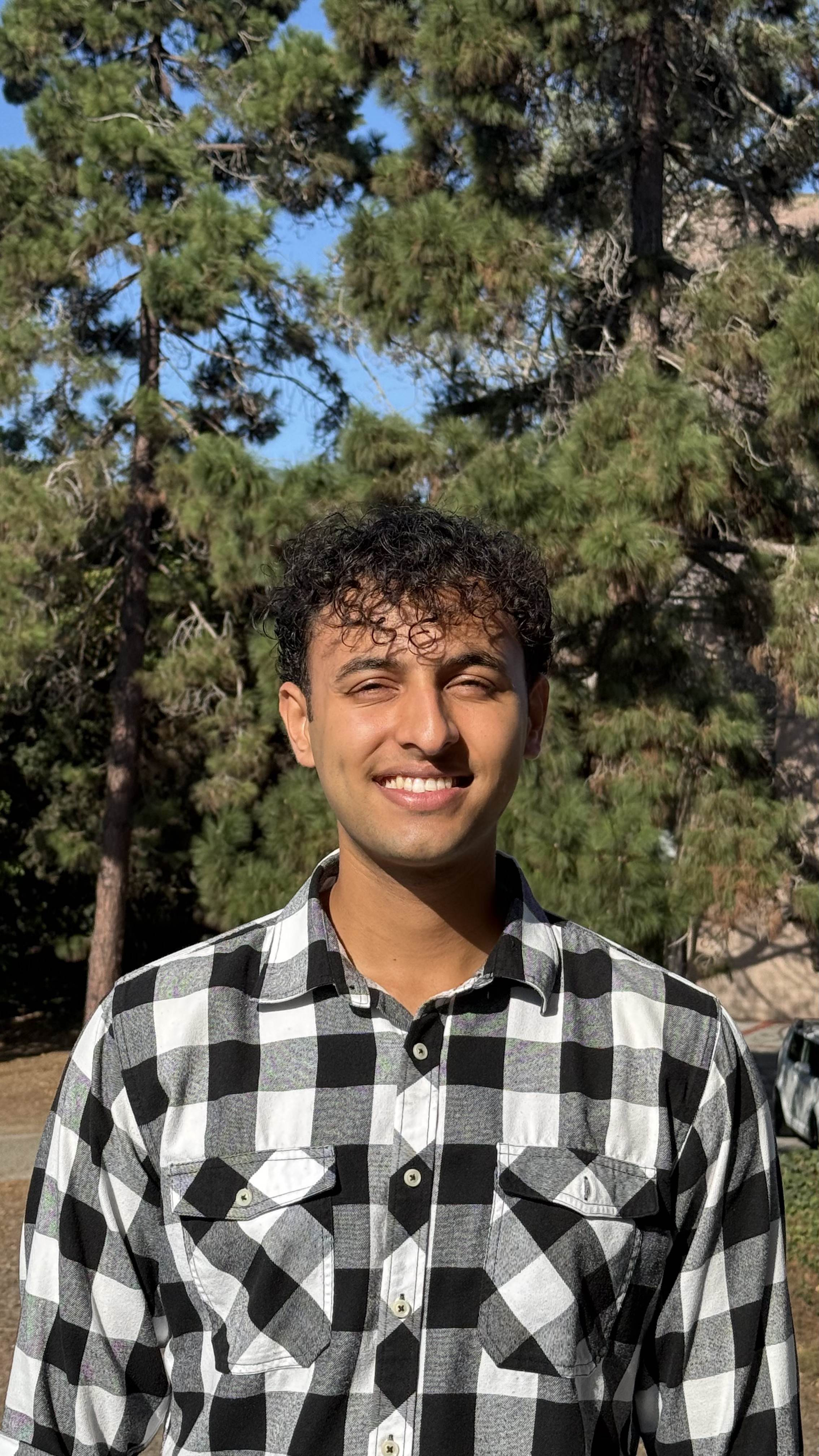
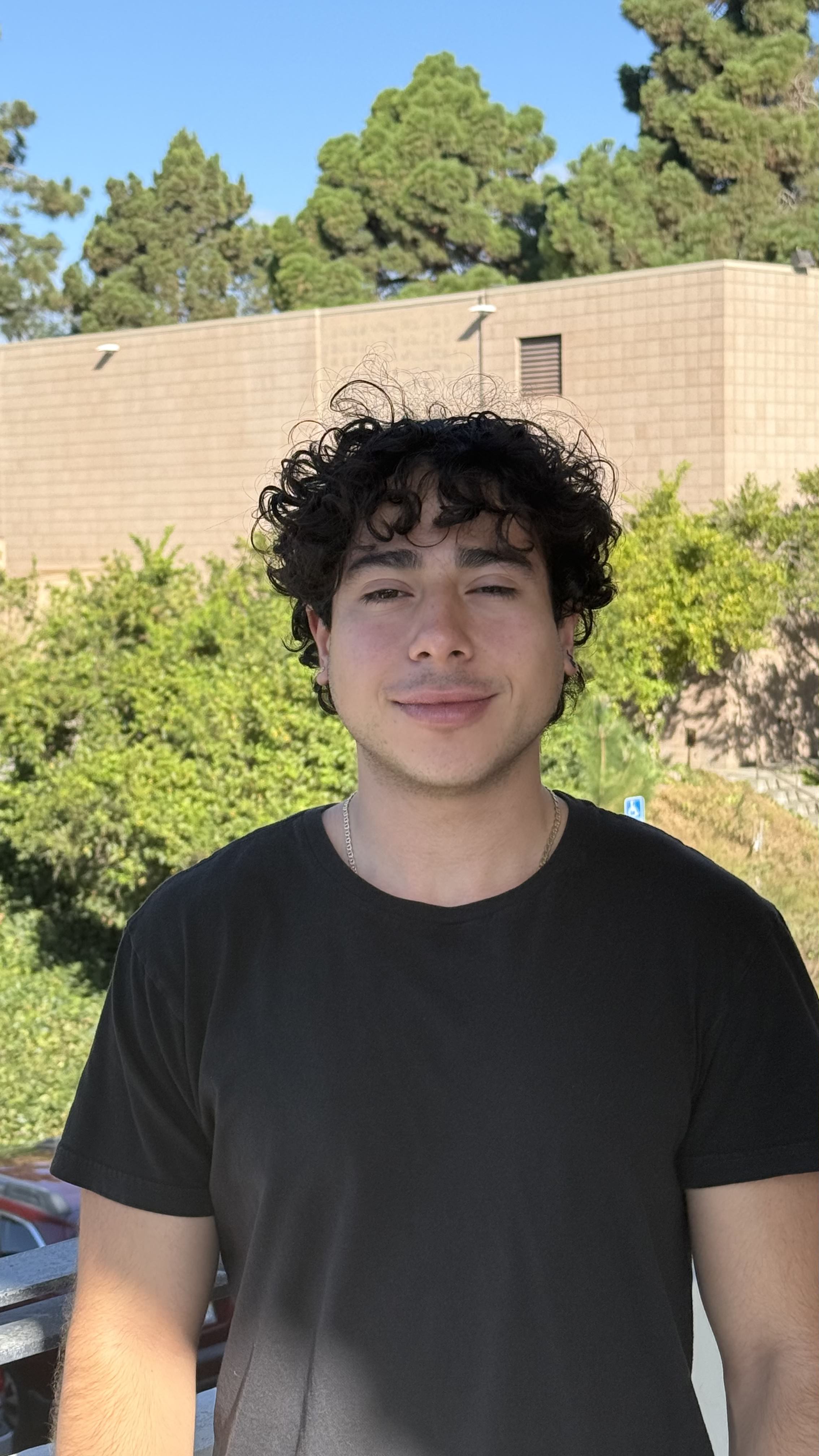

Mentor(s):
Guy Singer
Project Overview: We will be investigating how the quality of pretraining data directly influences model accuracy, robustness, and generalizability, and how data leakage occurs in training large language models for computer vision depending on the pretraining data. We aim to develop new methods to prevent/fix data leakage in these visual dataset through systematic experiments. Hence, it is important to focus on finding a generalized method of how the quality of the pretraining data affects the quality of the machine learning model performance and which type of datasets gives the best results for training machine learning models in computer vision.
Vision Statement:
[PDF]
Project Requirements Document:
[PDF]
End of CS189A (First Quarter) Presentation:
[Video]